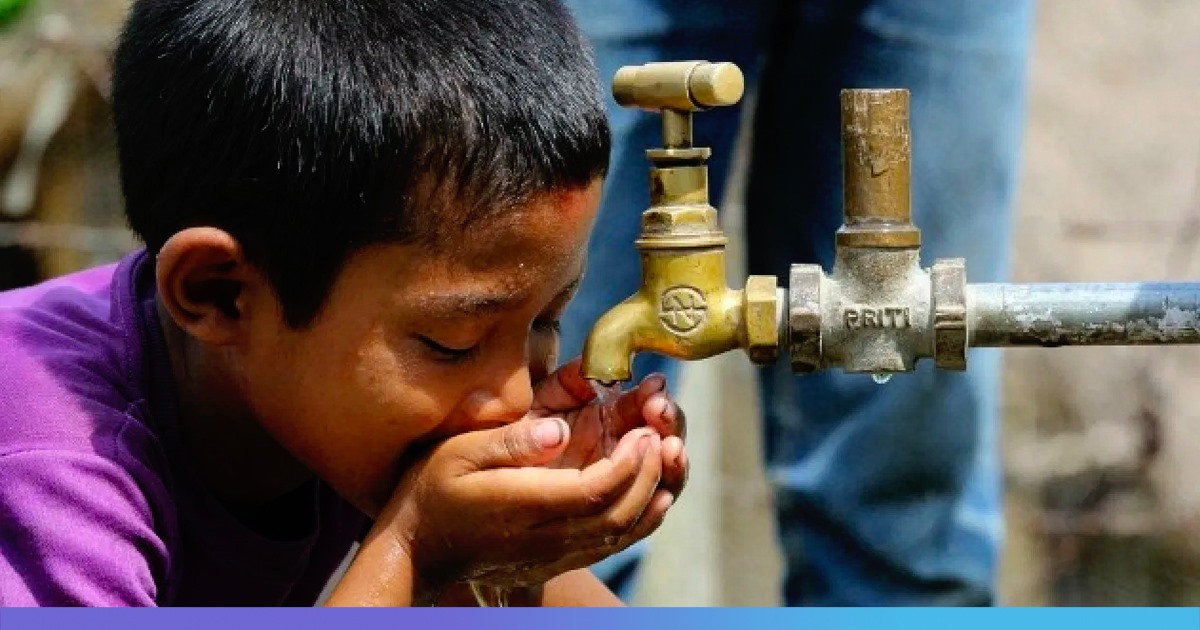Unlike the countries abroad where tap water is suitable for daily needs, Indians do not enjoy that luxury. The presence of harmful toxins in tap water makes it very difficult to be used.
In a study conducted by the Union Consumer Affairs Ministry, Mumbai’s water was found to be in compliance with the parameters of the Bureau of Indian Standards (BIS). Therefore, declaring the city’s tap water to be cleanest in comparison to the rest 19 other capital cities that were surveyed.
Already plagued with deteriorating air quality, Delhi’s water quality is the worst among the cities whose water was checked under the said study.
Apart from Delhi and Mumbai, water samples from Kolkata, Chennai, Bengaluru, Lucknow, Jaipur, Hyderabad, Ranchi, Amravati, Raipur, Bhubaneshwar, and Shimla were also studied.
Delhi Water Unsafe To Drink
Under the “Jal Jeevan Mission” initiated by the Ministry of Consumer Affairs, Food and Public Distribution; Prime Minister Narendra Modi promised to provide clean water in all parts of the country by 2024. He had also vowed to spend Rs 3.5 lakh crore on the said scheme in his previous Independence Day speech.
However, things are looking bleak at the moment.
Consumer Affairs Minister Ram Vilas Paswan told The Hindu Business Line, “Out of 20 state capitals, all the 10 samples of piped water drawn from Mumbai were found in compliance with all 11 parameters, while the other cities are failing in one or more.”
To counter the problem of non-compliance, Paswan said that meeting quality standards is going to be made mandatory for piped water all across the country.
The minister further added that the process is not to demotivate the administration but to encourage all the states to ensure quality tap water for the public.
The BSI has 48 parameters for water study. So far, the samples have been tested for 28 parameters and parameters for testing free residual chlorine and radioactive substances have been left out for now.
The study is taking place in four phases. The third phase will be extended to the capitals of north-eastern states and 100 smart cities by January 15, 2020. In the fourth phase, all samples will be taken from the district headquarters across the country by August 2020.
Also Read: No Drinking Water For 40% Of India By 2030; Calls For Urgent Govt Action











